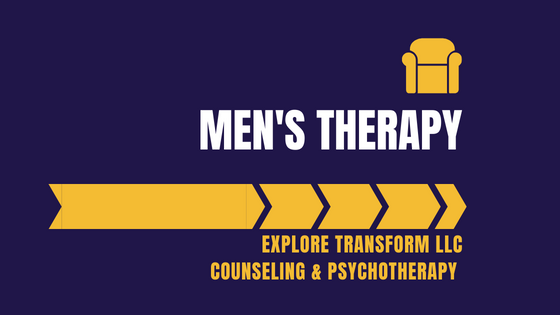Men's Therapy is for anyone who has experienced harm due to the expectations and constraints of the male label. This includes anyone who is non-binary, trans, cis-gender, or gender-queer.
Men’s therapy is a chance for you to regain control of your life. Left unchecked, issues such as anxiety and depression can destroy the things you view as important.
The trouble is, if you were given the male label at birth, you were probably discouraged from seeking help.
Don't make the mistake of trying to go it alone. With the right sort of help, you can build resilience to weather the inevitable storms. If you invest just a little time and attention, you can learn how to get even more out of your life than you have already.
Get in contact today.
Men’s therapy is a chance for you to regain control of your life. Left unchecked, issues such as anxiety and depression can destroy the things you view as important.
The trouble is, if you were given the male label at birth, you were probably discouraged from seeking help.
Don't make the mistake of trying to go it alone. With the right sort of help, you can build resilience to weather the inevitable storms. If you invest just a little time and attention, you can learn how to get even more out of your life than you have already.
Get in contact today.
Chris Warren-Dickins & Men's Therapy
Psychotherapist (Licensed Professional Counselor) Chris Warren-Dickins specializes in working with men. In 2010 Chris published qualitative research into male experiences of counseling and suicidal ideation, and Chris has since given radio interviews and published articles on men's health. Chris has recently written a self-help book for men, and Chris offers training for the survival of the male label.
Chris has been trained at an advanced level by Survivors UK to work with male survivors of sexual violence, and Chris is a Professional Affiliate of the Society for the Psychological Study of Men and Masculinities (American Psychological Association).
More about Chris Warren-Dickins LLB MA LPC
Chris has been trained at an advanced level by Survivors UK to work with male survivors of sexual violence, and Chris is a Professional Affiliate of the Society for the Psychological Study of Men and Masculinities (American Psychological Association).
More about Chris Warren-Dickins LLB MA LPC
More blog posts about Men's Therapy










